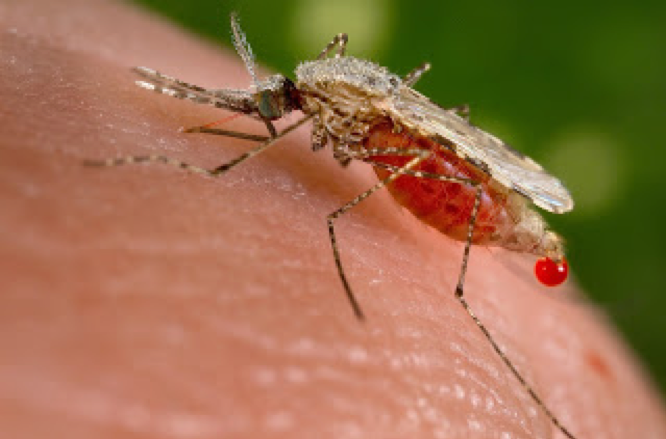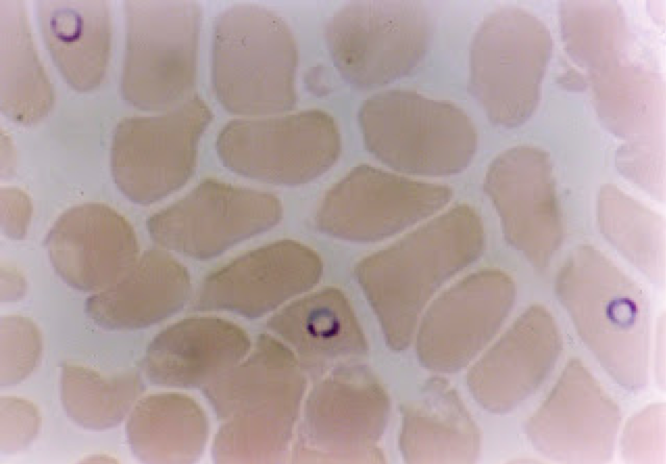Secrets of malaria exposed. Science peels back the layers which obscure our understanding of one of the deadliest diseases known to man.
Findings published recently by a research team from the US and UK reveal, parasites that carry malaria, can mature inside their mosquito hosts way faster, at lower temperatures, than earlier thought.
Lab tests showed (at between 17 and 20 degrees C), it can take as little as 26 days from the time mosquitoes have had an infectious blood meal, to the time the parasites grow and becomes capable of transmitting the disease. For decades, it’s been assumed it would take about twice that long…some 56 days.

A malaria mosquito, the Anopheles stephensi. Source: CDC.
For more than 50 years, medical experts have been relying on a guide known as the Detinova model to try to map the future course of the disease. But that model did not fully take into account just what implications those cooler temperatures could have. Neither did it fully explore the impacts of routine fluctuations in daytime temperatures, which can also play a role.

"Ring" stage (in blue & pink) of the malaria parasite, Plasmodium falciparum in human red blood cells. Image by Eric Hempelmann.
Unlike previous studies, now described as “poorly-controlled,” two major malaria mosquito species were tested this time (including Anopheles stephensi, above).
“These novel results challenge one of the longest-standing models in malaria biology," states the study, "and have potentially important implications for understanding the impacts of future climate change."

Study co-author Jessica Waite, Ph.D. Center for Infectious Disease Dynamics. The Pennsylvania State University.
"What we hope is that our work will help make better predictions about where, when and possibly how much malaria to expect. We believe our work provides a much-improved estimate for models of malaria." She also believes it'll help governments better direct their financial resources to aid areas that need it most.
Her team consisted of experts from the Universities of Pennsylvania State in the US and Exeter in England. They acknowledge, there's still a need for more tests, both in the lab and the field.
By: Larry Powell
Larry lives in Shoal Lake, Manitoba, where he publishes www.PlanetInPeril.ca (PinP) “where science gets respect.”
The findings appeared recently in the journal, Biology. Letters by The Royal Society.
Coming up: “Is Malaria the real Grim Reaper - Part 2"
The possibility of malaria finding a toe-hold in Canada are explored. The results might surprise you!
